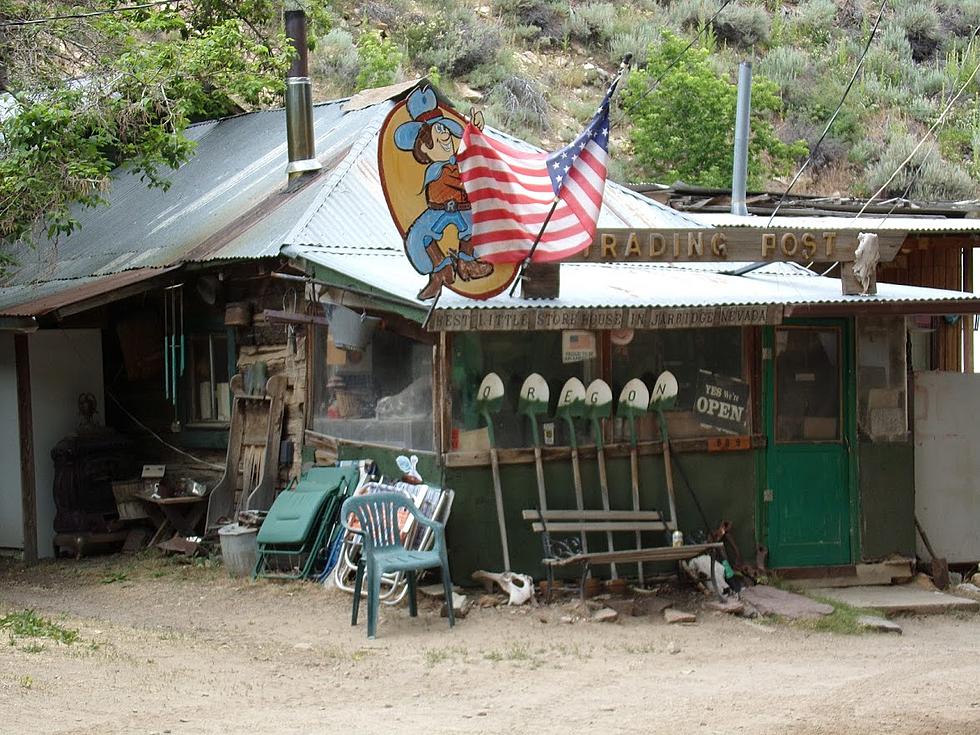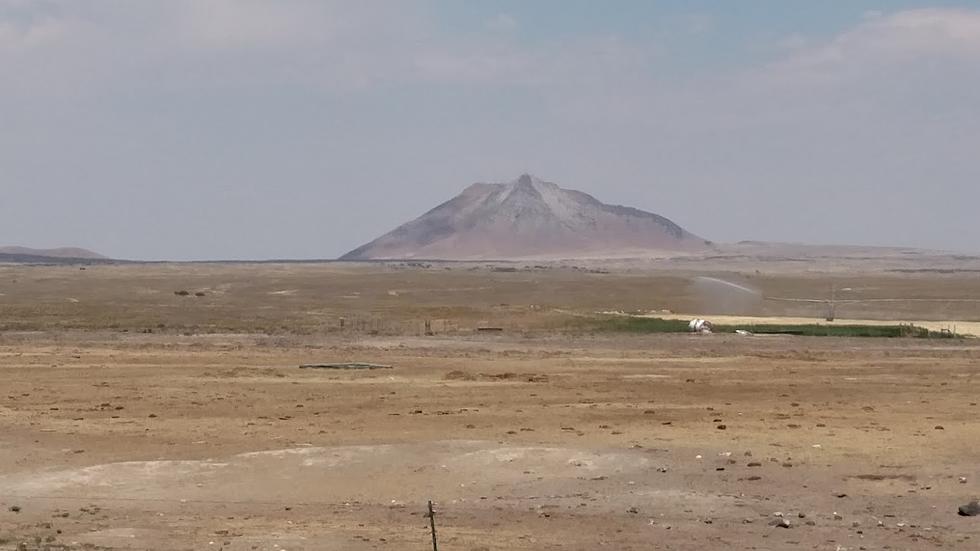
US Agency May Offer $1,000 to People Who Adopt Wild Horses
RENO, Nev. (AP) — U.S. land managers are proposing offering $1,000 to anyone willing to adopt wild horses gathered from public lands to alleviate a backlog of mustangs in government corals and shrink what they say are badly overpopulated herds across the West.
Overwhelmed by what it characterizes as a $1 billion problem, the Bureau of Land Management proposed the novel approach to Congress on Thursday and also made requests to sterilize, euthanize or sell for slaughter tens of thousands of animals.
Under any scenario, the agency plans to use short-term fertility control on the horses whose population it expects to grow to 100,000 by 2019. But it also recommends any approach include permanent sterilization, something most horse advocates find as objectionable as lifting current congressional prohibitions on selling the horses for slaughter.
The $1,000 adoption bonus is included in the four management alternatives the agency is mulling as it seeks a way to address what it admits is a costly, difficult challenge.
"Conflict levels are often high and the program is controversial and politically sensitive," the agency said.
"As currently managed," said the BLM, which says it has the capability to round up about 20,000 animals annually, "by the summer of 2019, there will likely be well over 100,000 wild horses on BLM-managed land, with up to 20,000 more the year after."
The head of one of the nation's largest horse protection groups immediately condemned the package of alternatives as "a roadmap for destruction of America's wild free-roaming horses and burros."
"BLM, the agency whose terrible mismanagement of this program has brought us to this place, is now proposing more bad ideas, including mass roundup and slaughter to cover for their incompetence," said Suzanne Roy, executive director of the American Wild Horse Campaign.
Laura Leigh, president of the Wild Horse Education horse protection advocacy group, said the report ignores the impact of cattle and sheep grazing on public rangeland and relies heavily on recommendations made at a meeting in Salt Lake City last year organized by livestock interests.
"The agency repeatedly scapegoats" the horses while "ignoring extreme deficits within the much larger livestock grazing program, diverting personnel from the (horse program) to placate other concerns, prioritizing existing funding based on political pressure not rangeland needs," she said Friday.
The federal agency estimates 83,000 wild horse and burros were roaming public rangelands in 10 western states last year — more than three times the 26,715 animals the agency says the land can sustain.
"As currently managed, by the summer of 2019, there will likely be well over 100,000 wild horses on BLM-managed land, with up to 20,000 more the year after," said the agency, which says it has the capability to round up about 20,000 animals annually.
Last year, the agency spent nearly 60 percent of its $81 million budget on animals that have been removed from the range and estimates "the cost of caring for the 46,000 un-adopted and unsold animals currently in holding will top $1 billion over their lifetime."
Free adoptions to qualified owners often topped 9,000 annually in the early 1990s, but have fallen to 3,000 or fewer in recent years.
A new incentive program offering providers $1,000 at the point of adoption "would save money for the taxpayer and the BLM program in the first year of implementation alone," the agency said. "Over a period of 25 years, holding that same animal in an off-range corral would have cost the taxpayers nearly $46,000."
Ranchers whose livestock compete with the horses for forage praised the agency for developing a range of options to save taxpayers money and better protect rangeland for wildlife, including the imperiled sage grouse.
"We have been in a stalemate on this issue for years in Congress and the result of that stalemate is unhealthy horses, degraded resources on the range and program costs that are spiraling out of control," said Ethan Lane, the National Cattlemen's Beef Association's executive director for federal lands.
His group believes lifting current congressional prohibitions on the sale of horses for slaughter "would be the quickest route to a healthy population on the range," Lane said.
He said paying people to adopt horses also would be "money well spent."
The federal agency said it will continue to use short-term fertility control vaccines to slow population growth but that "permanent sterilization techniques would be a more effective long-term solution."
"Under all options, the BLM will utilize permanent sterilization techniques to take advantage of this fact."
More From News Radio 1310 KLIX









